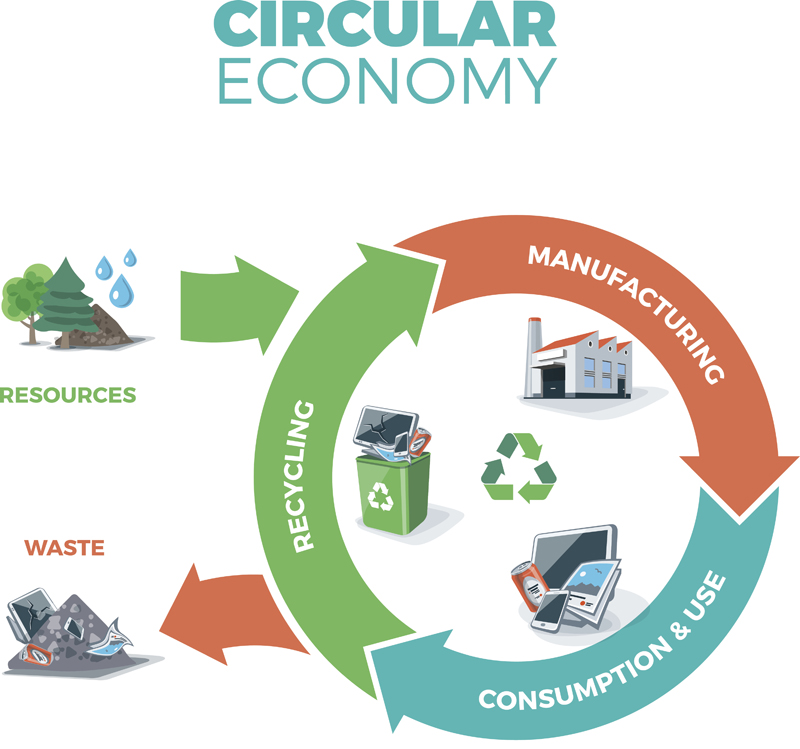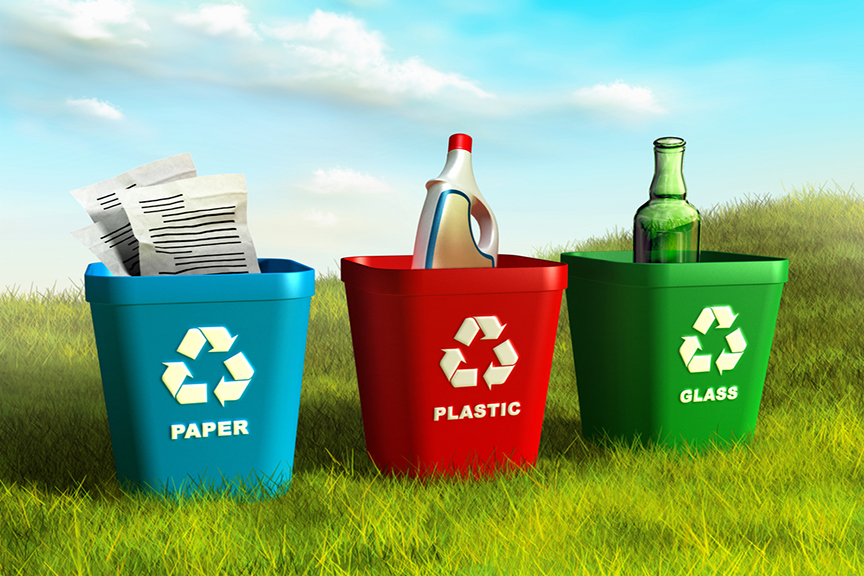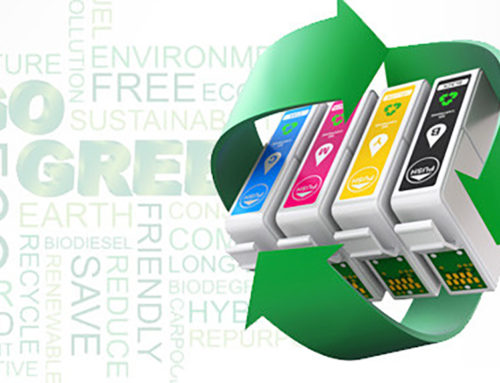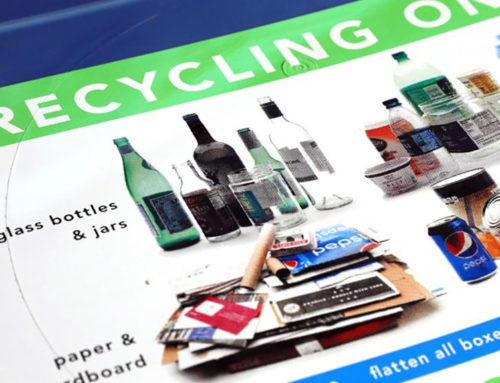Recycling emerges as a linchpin in the pursuit of environmental sustainability, wielding a multifaceted impact on our ecological footprint. Its role transcends a mere act of waste management, extending into resource conservation, energy efficiency, and pollution mitigation. It’s important to know how recycling benefits sustainability, and to take part as best as you can.
One of the paramount contributions of recycling lies in resource conservation. By reutilizing materials such as metals, plastics, paper, and glass, the pressure on our finite natural resources, including forests, minerals, and fossil fuels, is alleviated. This shift towards a circular economy minimizes the need for incessant extraction and depletion of raw materials, fostering a more sustainable equilibrium.
In tandem with resource conservation, recycling champions energy savings. The manufacturing of products from recycled materials generally demands less energy compared to the utilization of virgin resources. A prime example is aluminum recycling, where up to 95% of the energy required to produce aluminum from bauxite ore is spared. This energy-efficient approach extends to recycling paper and plastics, where substantial energy savings are realized in contrast to the energy-intensive processes involved in creating them from virgin materials.
Crucially, recycling acts as a stalwart ally in the battle against climate change by curbing greenhouse gas emissions. The holistic reduction in energy consumption and the diminished reliance on resource-intensive procedures translate into fewer emissions. By mitigating the environmental impact associated with the extraction, transportation, and processing of raw materials, recycling becomes a key player in our collective efforts to combat climate change.

A pivotal facet of recycling is its pivotal role in landfill reduction. By diverting waste from landfills and incinerators, recycling not only elongates the lifespan of these facilities but also curtails the release of harmful pollutants into the air, soil, and water. This dual effect helps in mitigating the environmental burden and lessening the necessity for new landfill sites, which can have deleterious effects on local ecosystems and communities.
Moreover, recycling benefits sustainability and acts as a potent antidote to water and air pollution. The extraction and processing of raw materials often result in the release of toxic chemicals, heavy metals, and other harmful substances. Recycling disrupts this damaging cycle, reducing the demand for such resource-intensive processes and, in turn, lowering pollution levels. The consequent positive impact ripples through ecosystems, fostering biodiversity preservation and safeguarding the delicate balance of natural habitats.
Beyond the environmental realm, recycling catalyzes economic benefits, nurturing the growth of a circular economy. This paradigm shift, where materials are reused and retained within the production cycle, not only generates employment opportunities in the recycling industry but also yields savings in waste management and resource procurement costs.
The intrinsic value of recycling extends to its role as a catalyst for public awareness. By championing recycling practices, there is a ripple effect in raising awareness about sustainable consumption and waste reduction. This heightened consciousness can, in turn, inspire individuals, businesses, and governments to adopt more eco-friendly behaviors and policies, fostering a collective commitment to environmental stewardship.
Crucially, recycling ensures long-term sustainability by reintroducing materials into the manufacturing process, deviating from the linear “take-make-dispose” model. This transformative shift enhances the resilience of our production and consumption patterns, steering them towards a more enduring and sustainable trajectory.
While the immediate impacts of recycling may be locally felt, its benefits reverberate globally. By alleviating the demand for new resources, recycling addresses resource scarcity issues that can otherwise culminate in conflicts and environmental degradation in resource-rich regions.
To maximize the positive impact of recycling practices, it becomes imperative to direct attention towards improving collection systems, amplifying public awareness, investing in recycling infrastructure, and promoting the integration of recycled materials in manufacturing processes. In doing so, we fortify our commitment to environmental sustainability and pave the way for a future where the circular economy is not just a concept but a lived reality.






